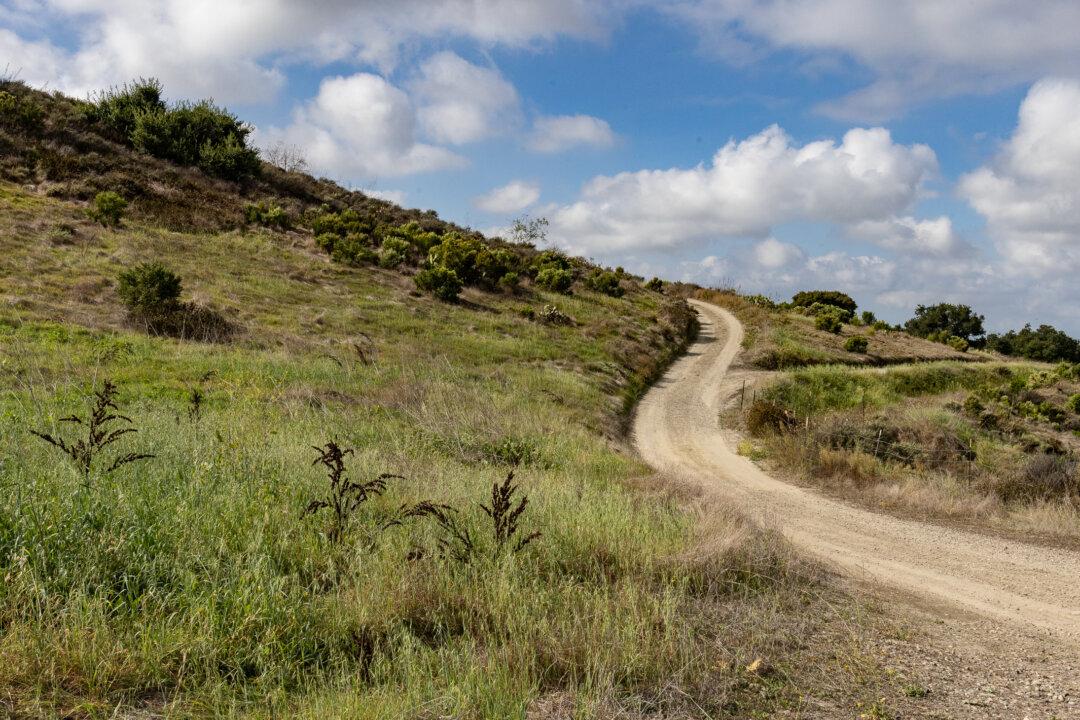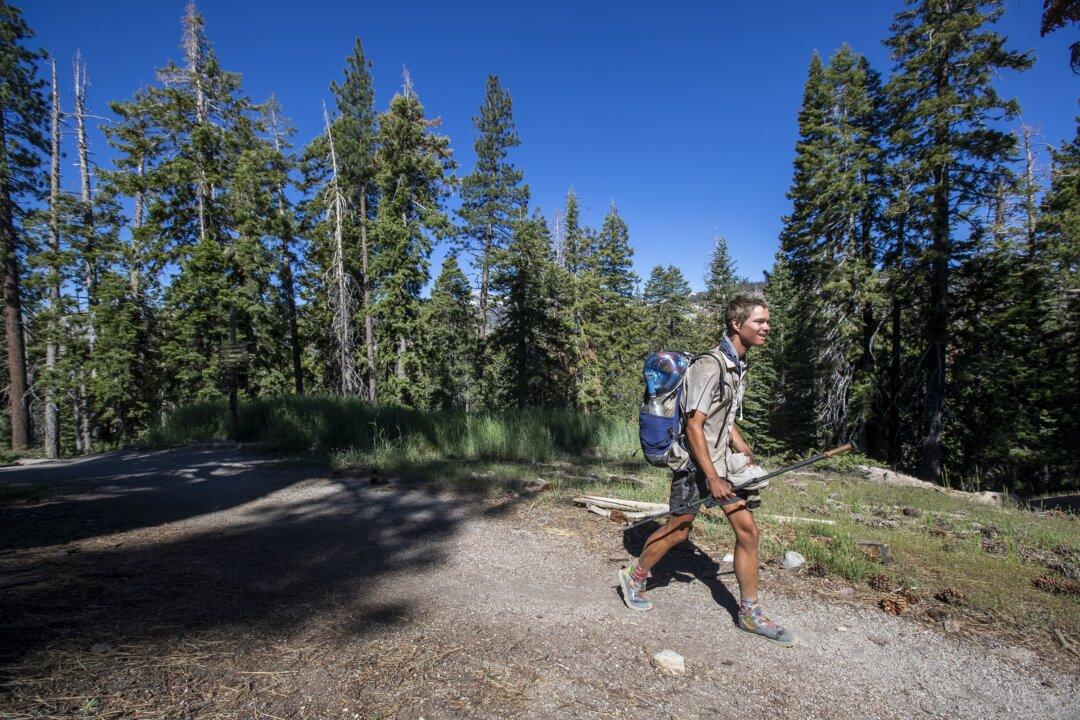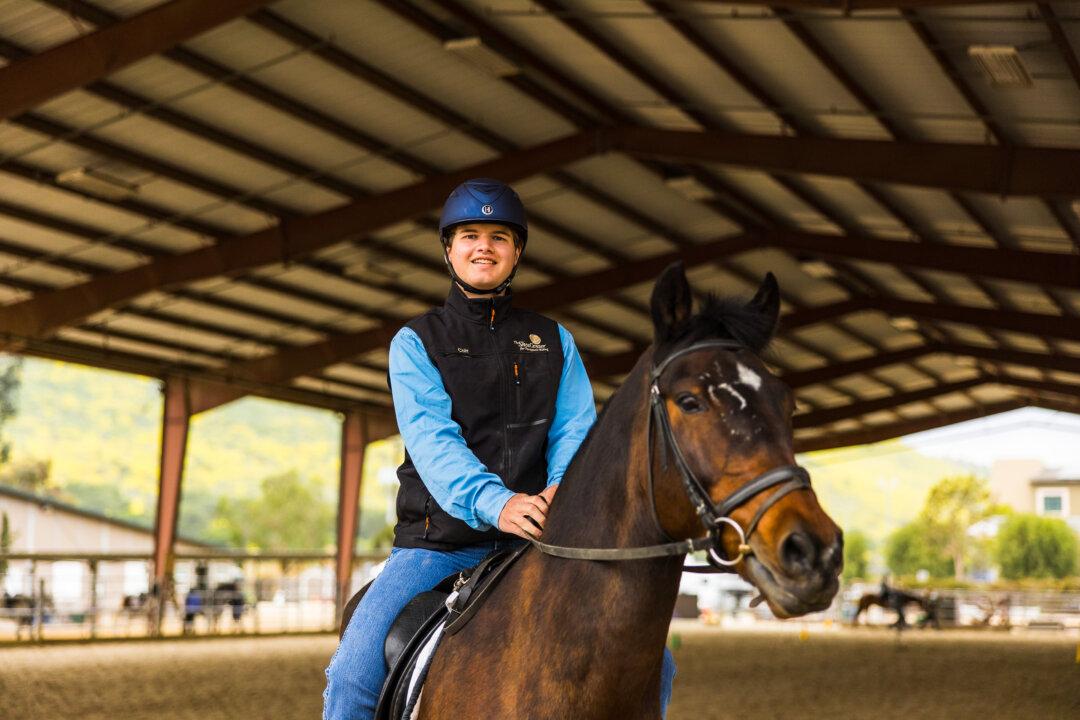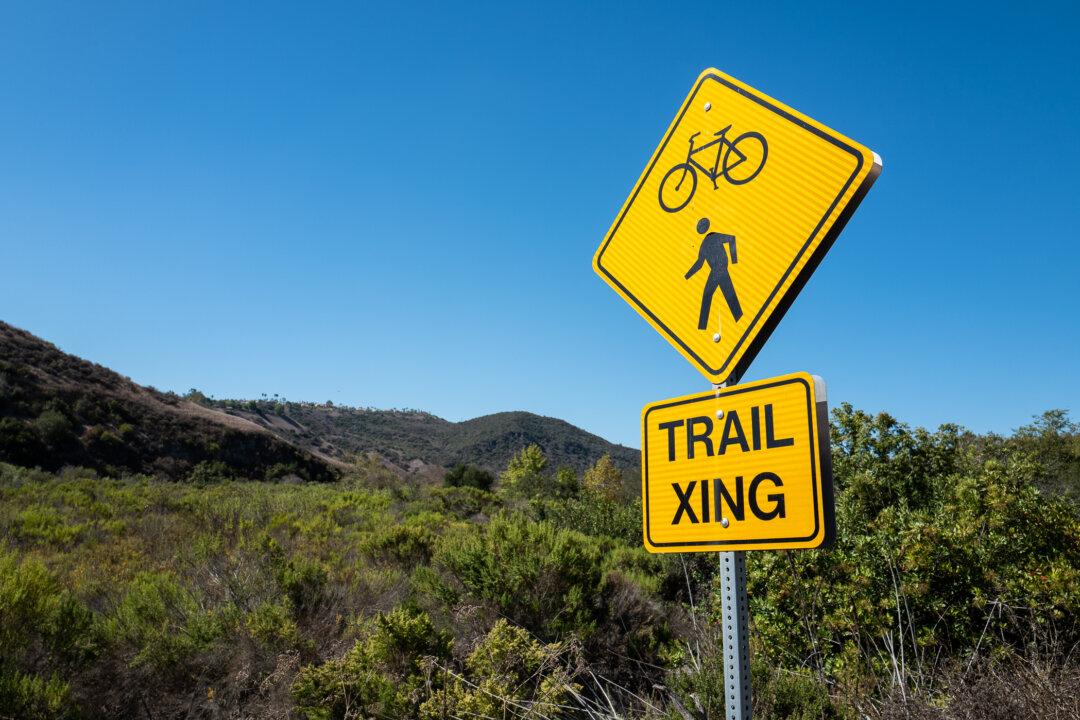When Bill Furey was in sixth grade, his father died from cancer, leaving his mother to care for eight children. Noticing the poor kid’s broken heart, a middle school science teacher invited him to go on the adventure of a lifetime. It changed his life.
“I was in seventh grade at the time, when our science teacher invited me to go to the Grand Canyon during spring break,” said Mr. Furey. “I was surprised because he only took eighth graders, but he asked my mother if I could go and she said, ‘Yes.’ So, she drove me to REI [a store for outdoor equipment], and we got everything on his list that I would need, like a backpack, hiking shoes, [and] a first aid kit.”





